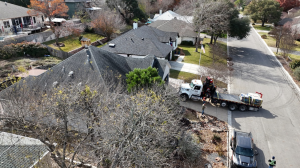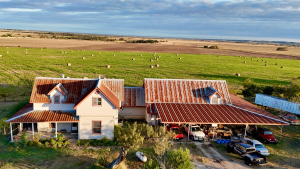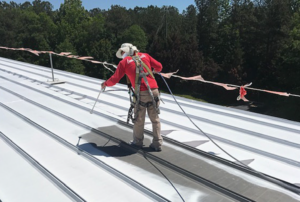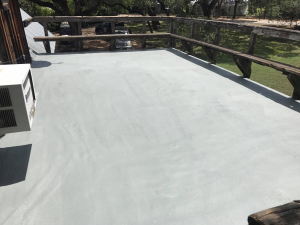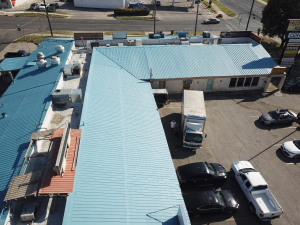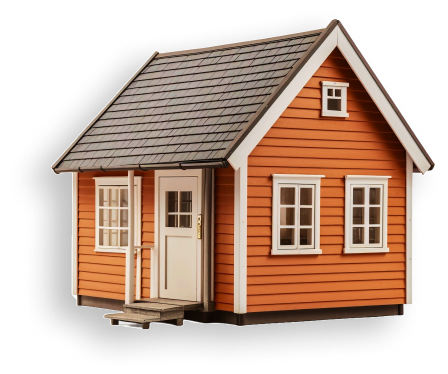As a homeowner, ensuring that your roof is in top condition is key to maintaining the overall health of your home. Roof inspections are often overlooked, but they’re crucial for identifying potential issues early before they become costly repairs.
Whether it’s the change of season, a severe storm, or any major event, knowing when to schedule a roof inspection can save you from unexpected headaches.
Let’s go through the seasonal and situational triggers that signal when a roof inspection is necessary, ensuring timely care and long-term protection for your home.
Why Roof Inspections Matter
Your roof is your home’s first line of defense against the elements. Over time, exposure to wind, rain, snow, hail, and the sun can take a toll. While roofing systems are designed to last, they can develop weaknesses or hidden damage that are difficult to detect without a professional inspection. Scheduling regular roof inspections ensures you catch problems early, allowing for cost-effective repairs and protecting the structural integrity of your home.
Roof inspections typically involve checking for loose shingles, leaks, water damage, mold, and signs of wear and tear and ensuring proper ventilation. A licensed roofing expert will also inspect the roof’s flashings, gutters, and chimney areas for potential issues. But when should you call in a professional? Let’s break down the ideal times to schedule a roof inspection.
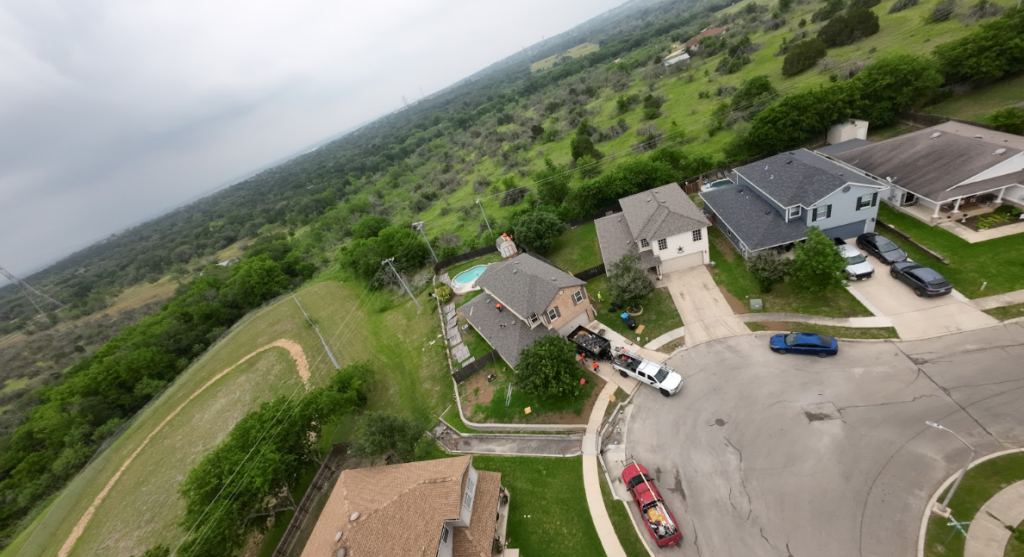
After Severe Weather Events
One of the most critical times to schedule a roof inspection is after severe weather. Whether it’s a powerful storm, heavy rainfall, high winds, hail, or even a hurricane, these conditions can leave your roof vulnerable to damage.
Hail and Wind Damage: Hailstorms can cause significant damage to shingles, flashing, and gutters. High winds can lift shingles, causing them to become loose or even blow them off. If you experience either of these, it’s important to inspect your roof promptly. A post-storm roof inspection ensures any hidden damage is spotted early and can be repaired before it worsens.
Water Damage: Heavy rainfall or flooding can lead to leaks that aren’t immediately visible from the outside. A thorough roof inspection can detect leaks that might go unnoticed until they’ve caused extensive damage to your home’s interior.
At the Start of Spring
Spring is the perfect time to schedule a roof inspection, especially after the long winter months. The winter season can bring snow, ice, and freezing temperatures, all of which can affect the health of your roof. Snow buildup, ice dams, and freezing rain can all contribute to roof damage.
Winter Damage Assessment: During winter, ice can accumulate along the roof’s edge, forming ice dams. This occurs when the heat from the house melts the snow, causing water to flow down the roof and refreeze at the eaves. Over time, ice dams can lead to water backing up under shingles, causing leaks. A spring roof inspection will check for signs of ice damage and prevent future water damage.
Debris and Fallen Limbs: In the spring, it’s common to find fallen branches, leaves, or other debris on your roof. These can cause damage to shingles or create blockages in your gutters, leading to water accumulation. Inspecting the roof in spring allows you to clear debris and ensure everything is in working order.
After Your Roof Reaches a Certain Age
Another important factor to consider is the age of your roof. Even if your roof hasn’t been affected by severe weather or seasonal changes, if it’s approaching the end of its expected lifespan, it’s a good idea to schedule a roof inspection.
Roof Age and Wear: Most roofs last anywhere from 20 to 30 years, depending on the materials used and the quality of the initial installation. Asphalt shingles, for example, generally last about 20 years, while metal roofs can last much longer. If your roof is nearing the end of its lifespan, an inspection can help you identify wear and tear that may indicate it’s time for a replacement.
Preventative Maintenance: If your roof is aging, regular inspections can help you keep it in the best condition possible. This allows you to catch small issues before they develop into larger, more expensive problems, ultimately prolonging the lifespan of your roof.
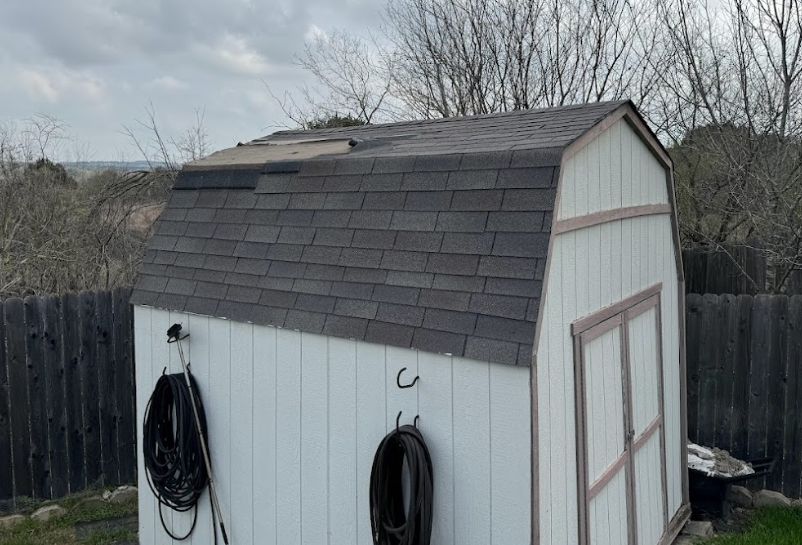
When You Notice Visible Damage
Sometimes, you don’t need to wait for a major weather event or seasonal shift to realize your roof needs attention. If you notice any visible signs of damage, it’s best to call in an expert as soon as possible.
- Missing or Damaged Shingles:If you notice missing shingles or shingles that appear damaged, curled, or cracked, it’s a clear sign that your roof needs attention. Damaged shingles can expose your roof to the elements, making it vulnerable to leaks.
- Leaks or Water Stains:Water stains on your ceiling or walls are a telltale sign of a roof leak. Even a small leak can lead to significant water damage, so addressing it quickly with a professional roof inspection can help prevent further issues.
- Sagging Roof Deck:A sagging roof deck could indicate a serious structural issue, often caused by water damage or rotting wood. If you notice any unusual dips or sagging in your roof, it’s critical to schedule an inspection immediately.
Before Buying or Selling a Home
If you’re in the process of buying or selling a home, a roof inspection should be part of the process. For buyers, a roof inspection helps determine the roof’s condition and gives you peace of mind, knowing that you won’t inherit unexpected repair costs. For sellers, a pre-listing roof inspection can help address any potential issues before the house goes on the market, giving you time to make repairs that could add value to the property.
- For Buyers:A roof inspection ensures there are no hidden issues that could cost you down the road.
- For Sellers:A roof inspection before listing your home allows you to fix any issues and increase the property’s value by offering potential buyers a roof that’s in good shape.
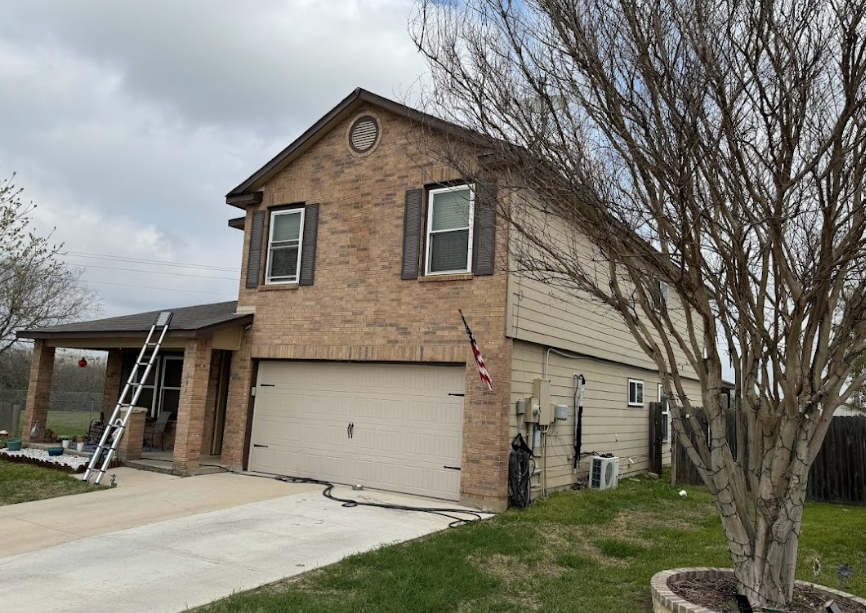
Part of Regular Maintenance
Roof inspections don’t need to be tied to specific events or seasons. In fact, making roof inspections a regular part of your home maintenance routine is the best way to protect your home year-round.
Annual Inspections: Having your roof inspected annually allows you to keep track of its condition and address any minor issues before they become major problems. This is especially important if you live in an area that experiences extreme weather conditions or has older homes.
Final Thoughts
Roof inspections are essential to maintaining the integrity and durability of your home. Knowing when to schedule an inspection can help you stay ahead of potential problems and avoid costly repairs.
Whether it’s after a storm, as part of regular maintenance, or when you notice visible damage, timely roof inspections and roof remodeling services are key to keeping your home protected by acting as roof leak prevention solutions.
Don’t wait for small issues to become big problems—schedule your roof inspection with Boomerang Building & Repairs today and ensure the longevity of your roof for years to come.
Contact us now to get started.



